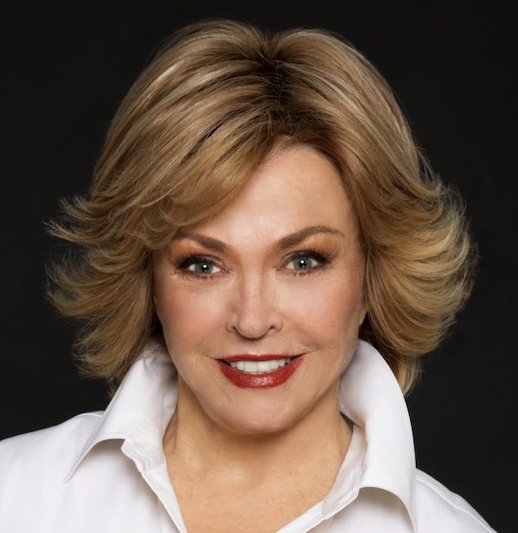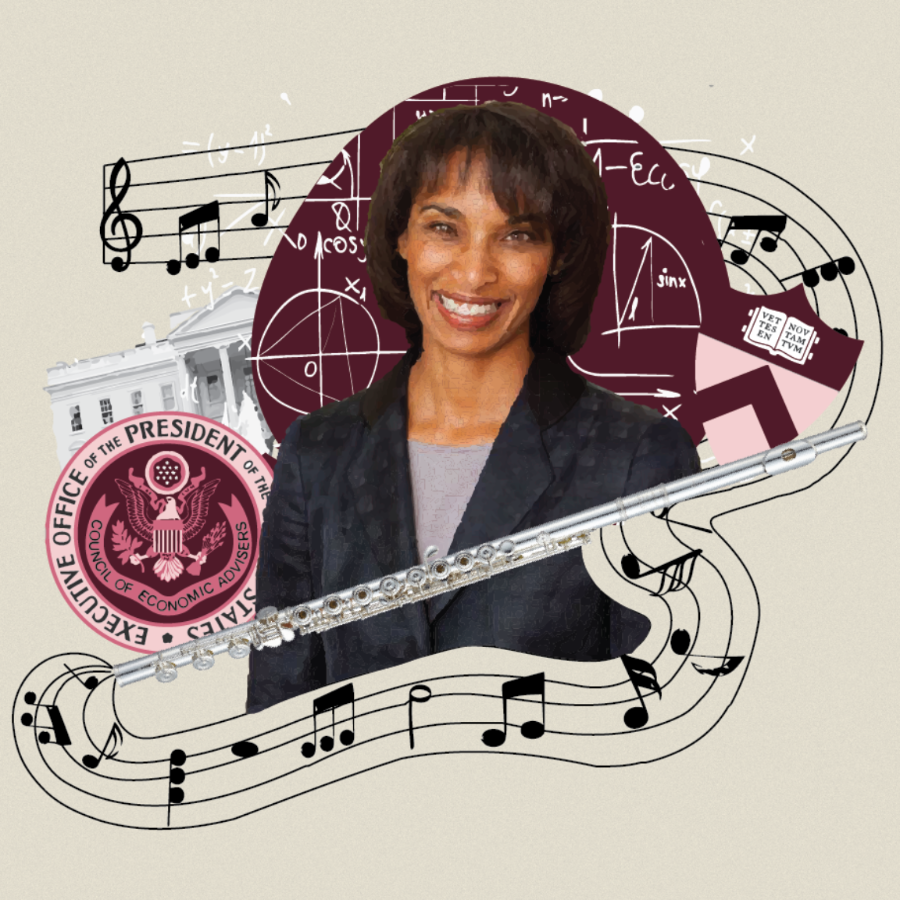In this Table for 12 series, I’m focusing on the 12 women and women of color in Biden’s cabinet, the most ever.
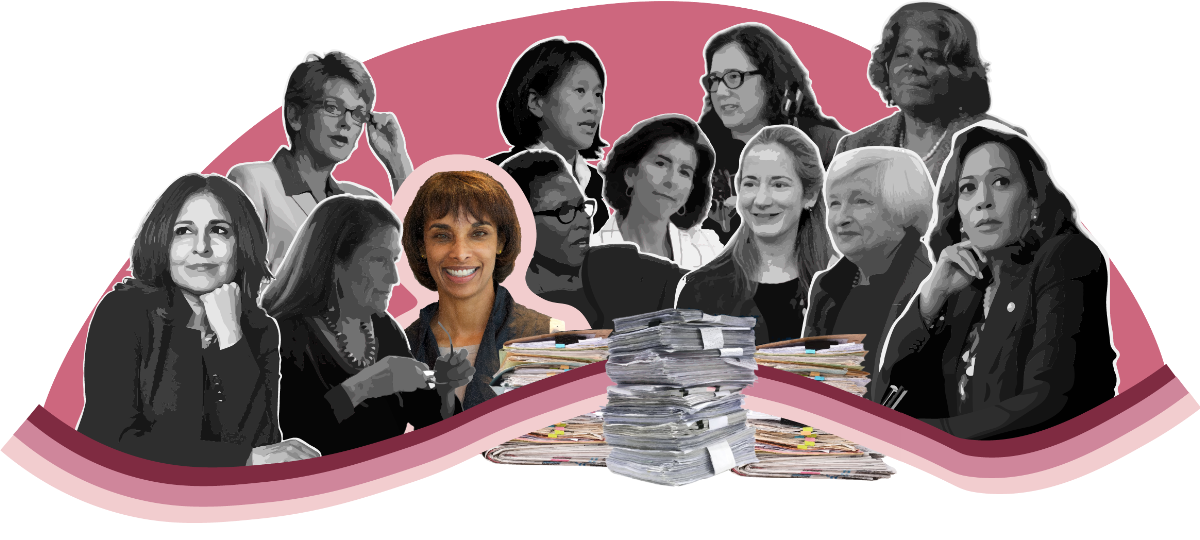
This Week: Cecilia Rouse on the Power of Mathematical Thinking to Bring About Social Change
On March 2, the Senate confirmed Cecilia Rouse to be the chair of President Biden’s Council of Economic Advisers. The vote was an overwhelming 95 to 4.
When Biden announced her as his nominee, he noted that she is “one of the most distinguished economists in the country, an expert on labor economics, race, poverty and education.”
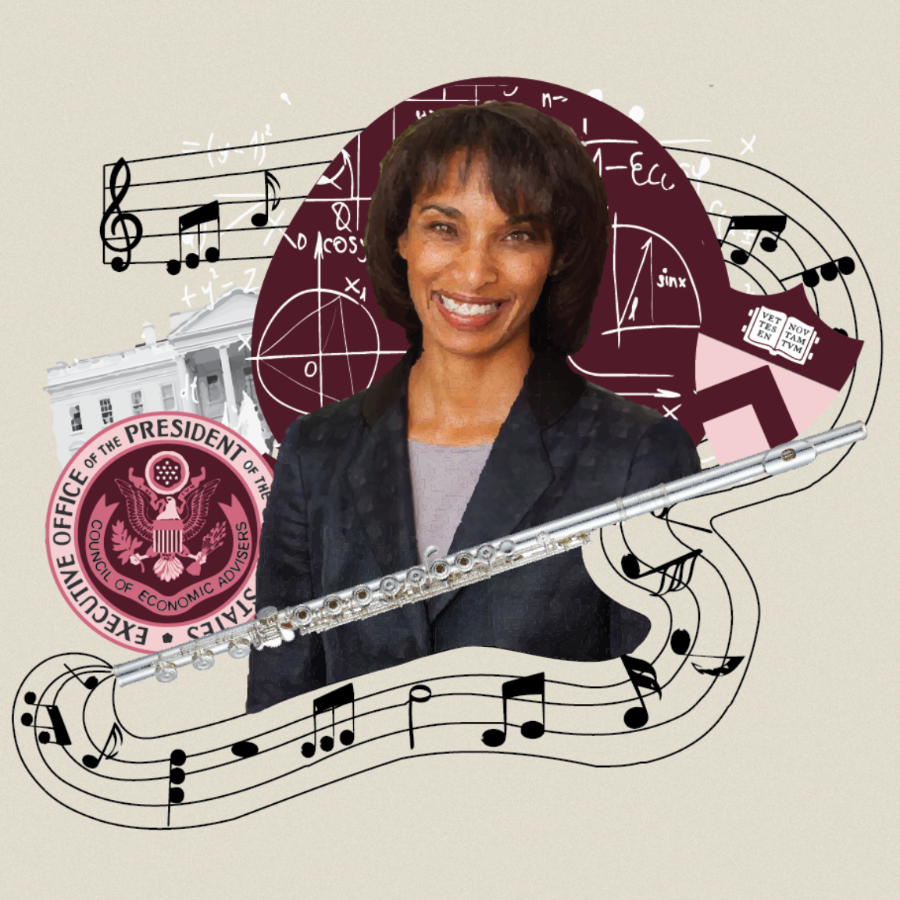
“I went into economics because I wanted to use the tools of economics to generate positive social change,” Rouse told the Shondaland blog. “I love asking questions and turning to data to use evidence to understand the world, and challenge my own understanding of it.”
Prior to her appointment Rouse was the dean of the School of Public and International Affairs at Princeton University where she also taught economics. She is married to architect Ford Morrison, Toni Morrison’s son, and they have two teenage daughters. She’s talked in the past about the challenges women face in Washington balancing family and career. When Rouse went to work for President Obama, she brought her two young daughters, then 5 and 7, with her to Washington while her husband remained at Princeton. ‘I was essentially a single parent working in the White House,’ she later reflected.
In 2010, she wrote a paper on work-life balance and the economics of workplace flexibility. “American workers increasingly need to balance employment with other responsibilities” and women, in particular, are doing a lot of that juggling, she wrote. “It is critical for the 21st century U.S. workplace to be organized for the 21st century workforce.” She encouraged employers to adopt more flexible work arrangements, including “job sharing, phased retirement of older workers, and telecommuting, that allow workers to continue making productive contributions to the workforce while also attending to family and other responsibilities.”
The Power of ‘Mathematical Thinking’
Rouse grew up in Del Mar, California in a very impressive family: her mother is a school psychologist; her father is one of the first African-Americans to earn a PhD in physics; her brother also has a PhD in physics; her sister has a PhD in anthropology and, like Cecilia, is a professor at Princeton University. No surprise that Rouse says her parents were a huge influence on her career.
Her freshman year at Harvard, her mother encouraged her to take an economics class, and she has said it was in that class that she discovered the linkage between mathematical thinking and data to identifying solutions to social issues. This was the early 1980s, years when a recession led unemployment to rise to levels not seen since the Great Depression. In her studies, she made a connection that has shaped her approach to problem solving through economic policies.
“It was impossible to separate what we were learning in the classroom from what I knew was going on in towns across the country,” Rouse recalled in accepting Biden’s nomination in December. “I found myself drawn to study the labor market in all of its dimensions — the reasons that jobs disappear; the impact of education on people’s job prospects; the ways we can tear down barriers to job growth and make it easier for people to find long-lasting economic security.”
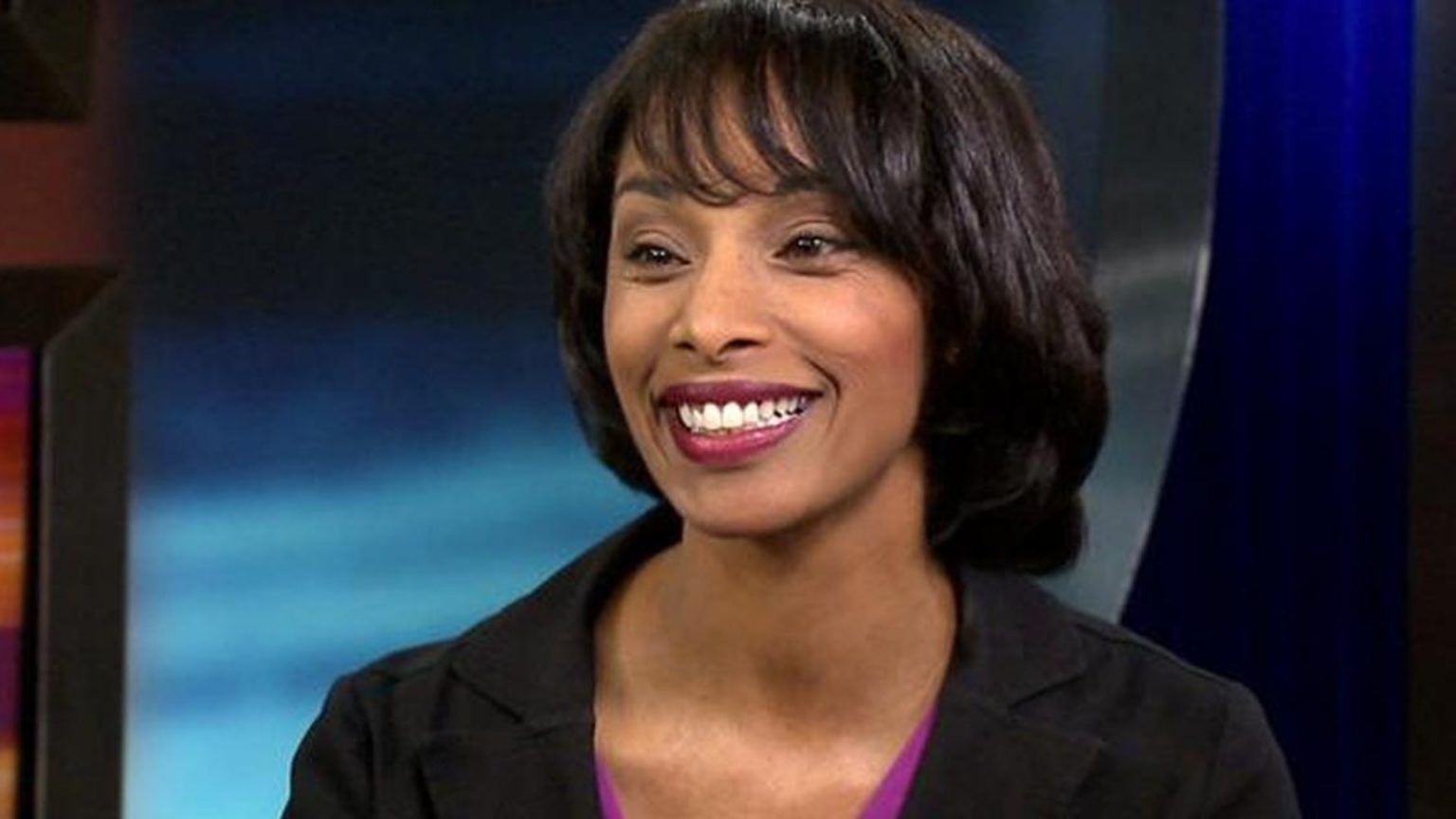
Rouse is also a musician, playing flute since the sixth grade. Early in her career, she turned her economic lens on the problem of sexism in the hiring practices of professional orchestras and symphonies in a report she co-authored with Claudia Goldin of Harvard. They analyzed whether blind auditions in which the applicants played their instruments behind a screen increased the number of women being hired. “Sex-biased hiring has been alleged for many occupations but is extremely difficult to prove,” she wrote. Her study proved it — with numbers.
She applied the same mathematical thinking to studying what holds workers and students back by analyzing the effects of reducing class size to improve outcomes for students, to improving the diversity in college faculties, and in finding new solutions to long-term unemployment. In her confirmation hearing, she said that she will prioritize addressing “the longstanding barriers that have limited [the] upward mobility for people of color.”
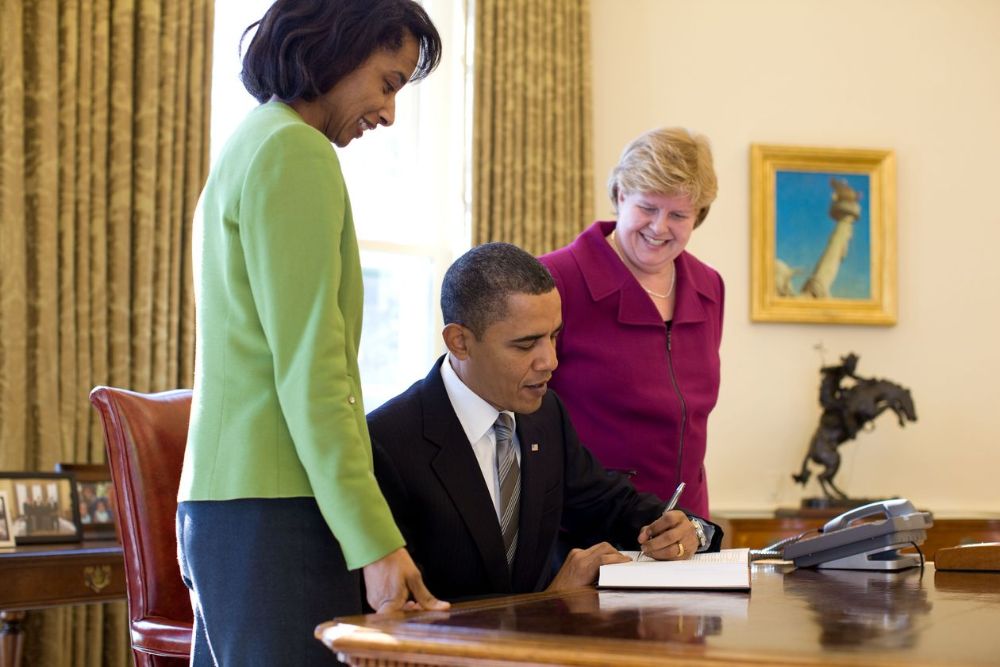
She is the first Black leader of CEA and the fourth woman in its 75-year history. Established in 1946, the CEA is made up of three economists who offer the president advice in setting his domestic and international economic policy. Along with Rouse, President Biden has appointed Jared Bernstein and Heather Boushey as advisors to the council.
Rouse previously served on President Obama’s CEA as an advisor from 2009 to 2011 and on President Clinton’s National Economic Council as a special assistant to Clinton.
Rouse says, “The time I spent at the [NEC] under Clinton, and CEA under Obama, means that I understand what is possible, and I understand how Washington works, in terms of economic policy. I have a clearer understanding of the problems I see in our labor market today and I understand what the academic world can bring to the table.”
Ms. Rouse, a heartfelt feminist welcome to the table where you can continue to lead the work.
Onward,
Pat
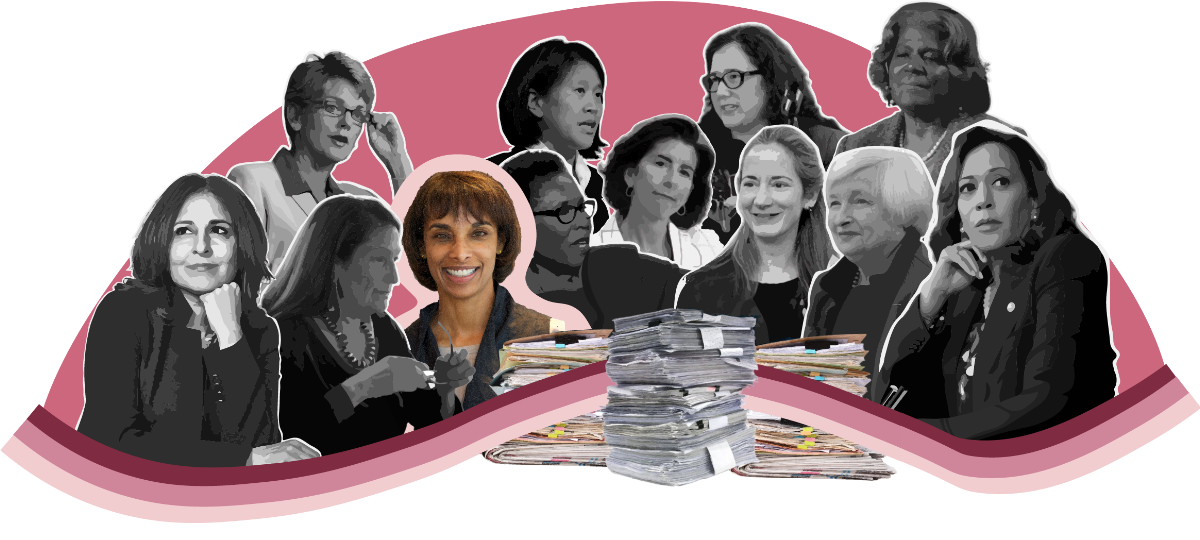
“In the ongoing series, Table for 12 by Pat Mitchell, we’re continuing to celebrate the unprecedented number of women nominated for Cabinet positions by President Biden. Ambassador Linda Thomas-Greenfield was confirmed as the second Black woman to represent the U.S. at the United Nations. And former Michigan governor, Jennifer Granholm, was confirmed as Energy Secretary—two of the record number of women Biden has nominated for Cabinet positions.”

